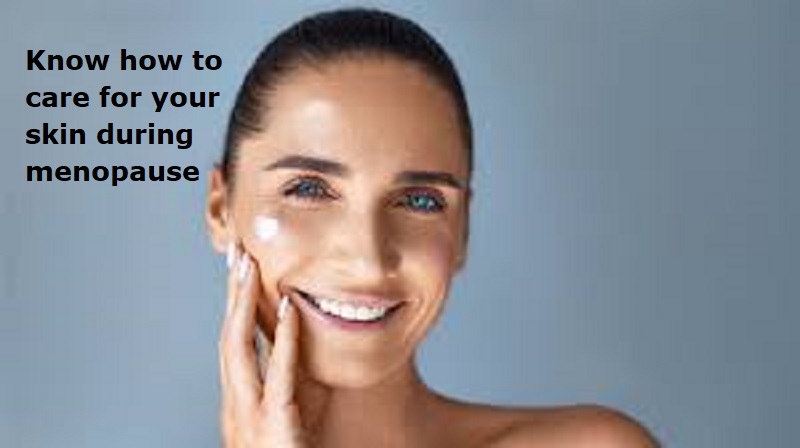
Menopause is the time that marks the end of menstrual cycles of women. It is a natural biological process and e can happen between 40s or 50s. Menopause is characterized by a one-year absence of menstruation. It is a natural and inevitable phase in a woman’s life.
Every woman experiences menopause symptoms differently. Some might experience drastic changes while others might not even notice any change. Irregular periods, vaginal dryness, mood swings, hot flashes, weight gain, poor metabolism and sleep problems are some common symptoms of menopause.
Estrogen plays a role in protecting women against heart disease. It reduces the risk of atherosclerosis by helping the body remove inflamed cells in the blood vessels, which would otherwise form plaques and cause a blockage.
Menopausal skin concerns are a normal part of the ageing process. Skin problems associated with menopause can take many different forms, such as dryness, thinning, loss of suppleness, and heightened sensitivity to wrinkles and age spots.
Preventive Menopausal Skin Care Steps:
Staying Hydrated: Staying hydrated is critical for keeping healthy skin at any age. Getting enough water in your diet helps restore moisture lost to the skin and increases its suppleness. Hyaluronic acid and other moisturising skincare chemicals help seal in moisture and enhance the texture of the skin.
Also Read: Menstrual cramps: Know dos and don’ts of taking pain killers
Sun Protection: Preventing premature ageing and reducing the appearance of wrinkles and age spots requires shielding the skin from damaging UV radiation. Menopausal women should use broad-spectrum sunscreen with a minimum SPF of 30 every day.
Antioxidants including green tea extract, vitamin C, and vitamin E shield the skin from oxidative damage brought on by free radicals.
Maintain a Healthy Lifestyle: Vital elements that support skin health can be found in a balanced diet full of fruits, vegetables, lean meats, and healthy fats. Frequent exercise increases blood circulation, which promotes the skin cells’ ability to receive nutrients. Getting enough sleep is also essential for skin healing and regeneration.

Post Your Comments